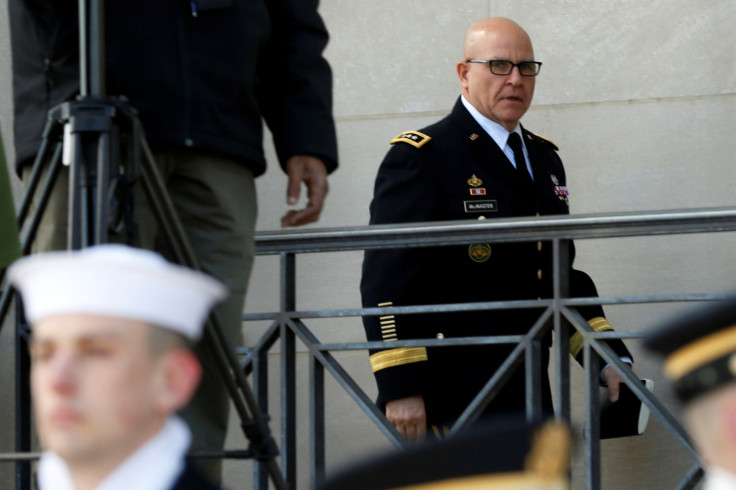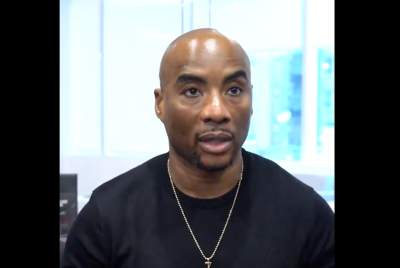Donald Trump's security adviser assures South Korea of plans to deploy Thaad
Both parties say that Thaad's sole purpose is defence against North Korea's missile launches.
Donald Trump's National Security Adviser HR McMaster, in a phone call with his South Korean counterpart, agreed on the need for deployment of Terminal High Altitude Area Defence (THAAD) system in South Korea.
The phone conversation took place a day after North Korea launched a ballistic missile, which landed in the Sea of Japan.
On Thursday (6 April), senior officials and leaders from South Korea, Japan and United States discussed North's missile launch. The conversation took place just hours before Donald Trump and Chinese President Xi Jinping's first summit at Mar-a-Lago.
In a statement, South Korea's presidential Blue House said: "Both sides agreed to pursue ... plans in order to substantially strengthen the international community's sanctions and pressure on North Korea. Both agreed to push forward the deployment of THAAD by U.S. forces in Korea."
Seoul and Washington have maintained that Thaad will only be used to defend South Korea against Pyongyang's missile launches. China, however, has expressed concerns that the system might be used to track its nuclear programme.
Meanwhile, the United States and South Korea will hold joint military drills this month to showcase their capability in response to recent provocations by North Korea, defence ministry of South Korea said on Thursday, (6 April).
The exercise is scheduled to take place just south of the Inter Korean border at an army training field in Pocheon on 13, 21 and 26 April, Yonhap news agency reported.
The Integrated Firepower Exercise 2017 will see the allies displaying their military capabilities along with live-fire shootings, the ministry said.
Around 2,000 forces from American and South Korean military units will hold the drills, in which combat helicopters, armoured vehicles and multiple-launch rocket systems from both sides will be used.

© Copyright IBTimes 2025. All rights reserved.





















